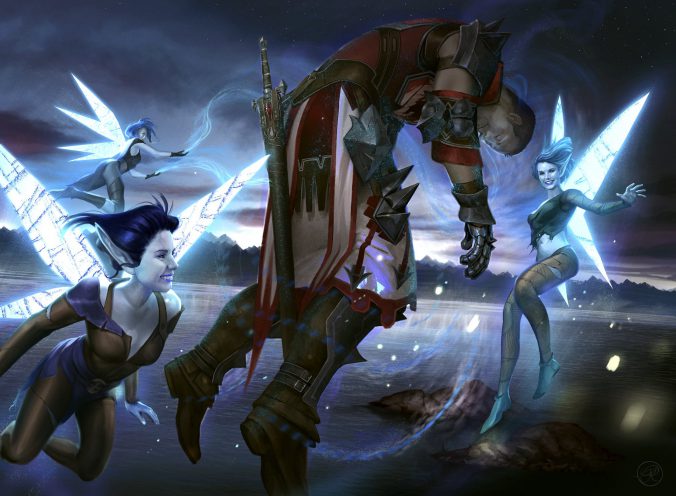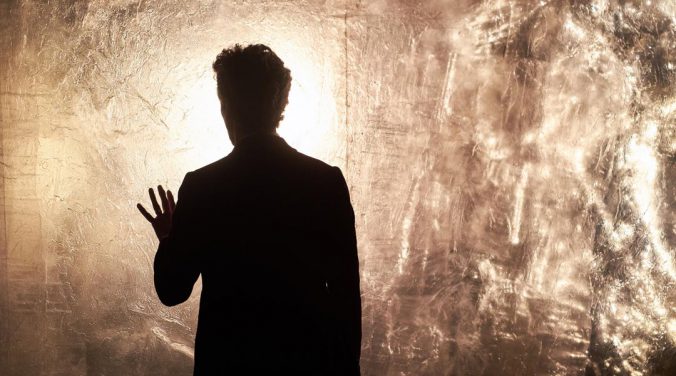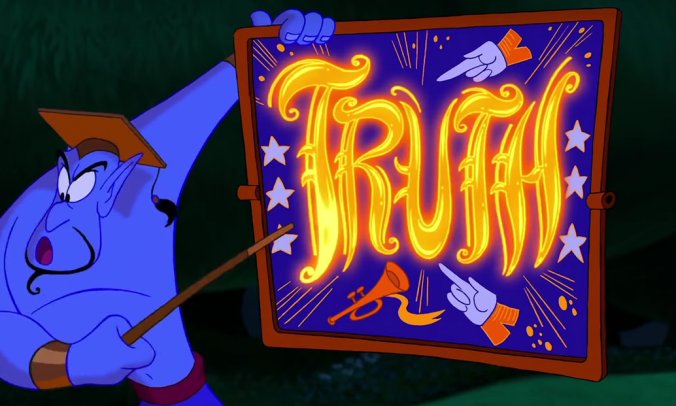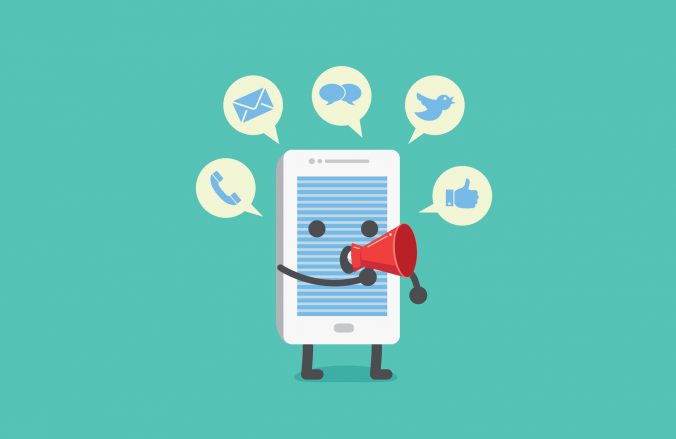To say “well, this has been a hell of a year” when looking back would be a massive understatement. Considering my last published post was in April of 2020, it’s fair to say that things have changed. Some of those changes have been large, others have been small. Losing my job was a large change. Making adjustments to my personal hygiene routine is a small one. Beginning pursuit of a degree in counseling psychology? Large. Learning a few new chords on a guitar and getting my fingers on a Casio keyboard again? Not so much.
I think one of the largest changes has been in how I approach matters of personal accountability and growth. I had already acknowledged the need for me to do so, as I discussed the last time I wrote in this space. A lot of work has gone into investigating and exploring the neural pathways that were established in my past, how they impact my present, and the ways to rewire them so my future can see fewer (if any) repeats of those instances that caused concern or consternation, damaged or destroyed a relationship, or even threatened my life. It’s taken medication, therapy, group meditation, and more books than I’ve likely needed to purchase. It was in one of those books, however, that I stumbled across something that’s been a huge obstacle for me, personally and interpersonally all my life.
It’s called the fundamental attribution error.
The fundamental attribution error — let’s call it the FAE going forward — occurs when something negative happens and responsibility for it is either attributed to the situation or a person involved being fundamentally flawed. This attribution is treated as the conclusion of any discussion of the event, internally or externally. Facts are only glossed over, and typically regarded with summary judgement after a cursory review. This approach to conflict resolution or error correction leads to unhealthy anger, short-sighted decision-making, and angry-mob group-think.
All of this is a fancy way of saying the FAE is when you say or think “so this is a shitty thing that’s happened, and it happened because this situation/this person is shitty, so fuck it/fuck them, am I right, who’s with me?”
To reiterate, this error in response has little to nothing to do with facts. It goes straight for judgement. Do not pass GO, do not collect goals or solutions.
Also? There’s zero personal accountability in any of those FAE-based statements. You, dear reader, are letting yourself off the hook. Congratulations, you don’t have anything at all to do with the shitty thing that happened. You don’t even need to talk further about it, have any discussions, work anything out, nada, zilch, null set. Get yourself gone, go grab a drink, watch another episode of Great British Bake-Off and try to forget all about it. Those are choices you get to make.
Are they choices you want to make? How do those choices make you feel, now and in the long run?
The impulse to make choices like this doesn’t come out of nowhere. When we’re young, we go through traumas large and small. We seek relief from those traumas as soon as we can get it. You can’t get relief yourself when you’re a child; you don’t have the tools, or the knowledge. Add to that the fact that often, children are judged for mistakes they make, rather than being held accountable. Add to that a culture that emphasizes immediate gratification while constantly demonstrating how individuals willfully avoid accountability or responsibility — and that this is a lifestyle that is aspirational rather than unhealthy — and it’s no wonder that we, more often than not, look for scapegoats and ways to avoid facing facts before we seek ways to educate ourselves and develop awareness of how our choices can put us in positions where we’re shitty to other people while letting ourselves off the hook.
Again, I ask — is this the sort of choice you want to make?
Even making the choice to say “this is all my fault, I’m the shitty person here” is a choice that’s rooted in denying personal accountability. Seems paradoxical, right? The fact is, saying “I’m a shitty person” and leaving it at that is a fallacious statement. It’s saying you had no choice but to make whatever error created the situation in question. As I have stated many times, there are always different choices we can make in any given situation, and our choices are what create our behaviors. Without stating the facts of the behavior and accepting the consequences, nothing is going to change.
All too often, people will say “this person is an asshole/makes me uncomfortable/always does this shit” and leave it at that. How does that actually change the situation long-term? Sure, you might feel better when you look at someone who’s engaged in disagreeable or even toxic behavior, point fingers and shout about how degenerates like that belong on a cross, but does that solve the problem? “What you did made me feel shitty so I’m going to make you feel shitty about it” gets us precisely nowhere. Side note: making yourself feel shitty about what you did on top of that only makes things worse – that’s personal experience talking. That’s just as unhelpful and unhealthy as pointing fingers at another person, or throwing up your hands in response to a situation that’s going or has gone south.
Sticking to the facts without judgement or attribution makes it a conversation, not a crucifixion. You don’t have to nail someone to a cross to resolve a conflict, disagreement, or problematic behavior. You don’t have to nail yourself to one either. The good news, here, is that we get to make different choices than ones we’ve made before.
Here’s a fact: we have all been stolen by the FAE. We’ve all made snap judgements. We’ve all attributed our circumstances entirely to the situation at hand. We’ve all considered others fundamentally terrible for something they’ve messed up. I’ve done it. You’ve done it. And we will keep doing it unless and until we start making different choices.
While it’s impossible for us to change the past, it is always possible for us to learn from it. Face uncomfortable facts. Look for opportunities to grow. Change our behaviors. Work towards solutions. It’s on us to do it. Without judgement, without attribution. With love & care.
It starts with being willing to admit we were wrong, that we made ineffective or unhealthy choices, and accepting the consequences. Gather the information, put together a solution, and move on.
In dealing with others, being solution-oriented and free of the FAE means sticking to the facts. “On these occasions, you were witnessed engaging in this behavior. You said X, and you did Y. This behavior cannot be tolerated for this reason, and we can have a discussion as to how these behaviors can be addressed and if you can still be involved within this space. Until then, you are being asked to take a step away from this space until said discussion can happen.”
I can tell you it is not, nor will it ever be, easy. I can also tell you that it is the only way we can ever truly live with ourselves.
I will admit that a lot of this stems from my working with the How To Be Accountable Workbook, which I highly recommend. It’s a great place to get started on this sort of work. It’s straightforward, funny, full of memes, and most of all, it approaches the work of educating yourself and growing into healthier behaviors that doesn’t involve long lectures, completely dry text, or judging you for mistakes you’ve made. Yes, things that come out of working on yourself in this way can lead to feelings of guilt, remorse, or even a bit of horror when you realize you were shitty person towards someone you love.
Take responsibility for the times you were stolen by the FAE. That’s where the judgement and shitty feelings come from, and taking responsibility is how you stop those. It’s how you start to heal. It’s how you start to grow.
That’s how we start to really live on own terms, and for our own joy.







